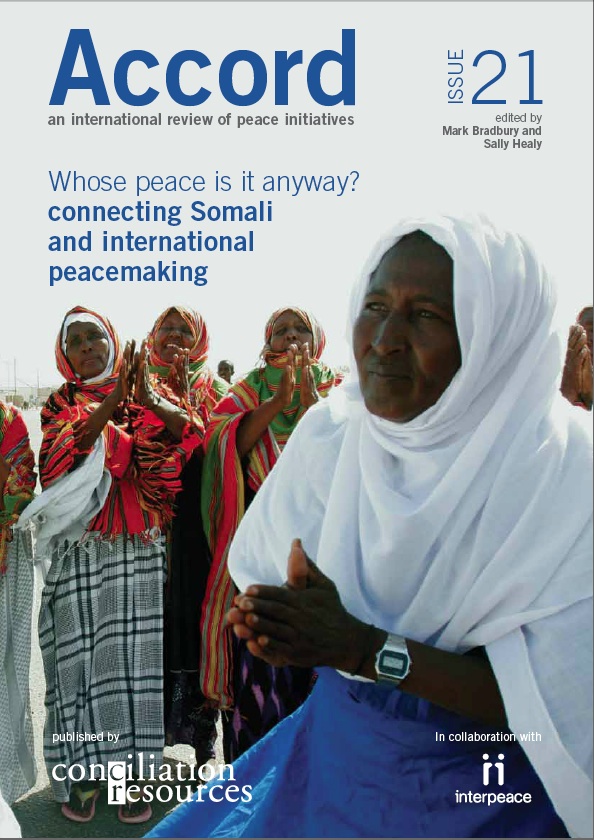Two principles that underpin the Somaliland constitution are defined in its various provisions as “democratic principles and the multi-party system” and “peace and cooperation”. To what extent have these principles been upheld?
The president and the members of both Houses of Parliament were initially selected by an electoral college of elders at the grand peace conferences in 1993 and 1997.
The constitutional referendum in 2001 paved the way for the move to popular elections. Within two years of the constitution being publicly endorsed, a body of laws was passed to facilitate the formation of political parties, define citizenship, delineate the structure of local government, and lay down electoral procedures.
The first district council elections were held in December 2002, followed by the first presidential election in May 2003. The first election of the House of Representatives was held in September 2005. Although all three elections were held without a voters’ register, in the opinion of international observers they were, on the whole, ‘fair and free’.
The presidential election was scheduled to take place in May 2008, but has been postponed three times, most recently in September 2009, in part because of disputes over the voter registration process. Civil unrest over the latest postponement was averted by domestic and foreign pressure and a last minute agreement (the MOU referred to, above) between the three political parties to change the Electoral Commission, review the voter registration and agree a new election date. The president’s term of office was also temporarily extended.
The postponed local district elections are to be held after the presidential election. The artificial three party limit (stipulated in Article 9 of the Constitution) and the linked ban on independent candidates, is seen by many as being fundamentally contrary to the commitment to democracy and the multi-party system set out in Article 9 (1) of the Constitution. Many who support the constitutional limit to avoid proliferation of clan-based parties argue that the current three parties need not always be the three allowed under the constitution.
The numerous ‘term extension tussles’ have also affected the public’s view of both the constitution and the way it has been implemented by the president and the House of Elders. Term extensions are perhaps to be expected in an unrecognised country with limited resources to hold elections on time. But the frequency of the extensions and the fact that decisions on them have been taken solely by the House of Elders and the president, to the exclusion of the House of Representatives, the political parties and the Electoral Commission, seriously undermined public trust in the political process.
The House of Elders has limited powers, introduced under the 1997 interim constitution, to extend the terms of office of the president and the House of Representatives. Yet the House of Elders extended the term of office of the House of Representatives three times until the parliamentary elections were held. It also extended its own term three times, most recently for another four year term. The House of Elders assumed the power, unsupported by either the constitution or local government law, to extend the term of office of local district councils. And since 2002 it has extended presidential terms five times, with the current president benefiting from four of these extensions, most recently in September 2009.

